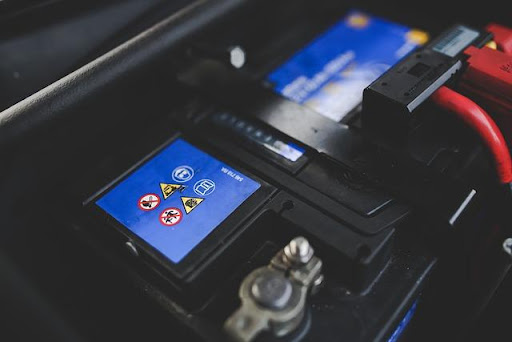
For adults, the workplace is where they spend a big majority of their lives. Whether you’re a company CEO or commercial building owner, keeping your workplace safe will ensure peace of mind and increase the productivity of your employees.
Faulty and damaged electrical appliances pose possibly the biggest threat to the safety of your employees. Hazards, like exposed electrical wiring, overheated outlets, and poorly installed equipment, shouldn’t be taken lightly.
Here are six crucial electrical safety tips to help you reduce the risk of electrical hazards.
Appliances Should Be Well-Maintained
Commercial buildings are filled with appliances and electronics, ranging from microwaves and air conditioning units to refrigerators and computers. With so many appliances in use, there’s an increased risk of electrical hazards.
To avoid any potential mishaps, regularly inspect all appliances and identify any faulty electrical wiring, cords, switches, or plugs. Replace damaged components and get the electrical rewiring done for exposed wires immediately.
Place Electrical Cords Carefully
Electrical cords are the lifeline that connects the power supply to appliances. Unfortunately, they can also be the main cause of accidents if not handled properly. To ensure safety, avoid placing cords in areas where they are exposed and prone to damage.
Try to position them along the walls, reducing the chances of accidental tripping or snagging. If you have cords placed outdoors, make sure they are properly weather-protected to avoid moisture-related risks.
Pay Attention to the Lighting
Light bulbs may seem harmless, but they can pose significant risks if neglected. For instance, faulty lighting can lead to electrocution and other highly dangerous risks.
Depending on the lighting systems in your commercial building, it’s important to regularly check and inspect them for any issues. If you need to replace light bulbs, always switch off the lighting first to prevent any electrical mishaps.
Install Designated Circuit Breakers
The appliances in commercial buildings can vary depending on the type of establishment. But, appliances like floor-mounted air conditioners, desktop computers, and refrigerators are common in every building. All of them have varying levels of electricity consumption.
The circuit that they’re all connected to might not be able to handle all that current and could cause the insulation to melt and start a fire. That’s why it’s essential to have a circuit breaker that can stop the flow of excess current and handle different groups of appliances.
Properly Maintain Electrical Equipment
In commercial properties, the use of electrical equipment is more frequent and intensive. That’s why it’s crucial to ensure that employees utilize the equipment correctly. Also, consider installing ups systems to provide backup power to protect your equipment in the event of a grid power failure.
Understanding how to handle equipment properly and knowing what to do in case of an emergency can greatly reduce the risk of electrical fires and accidents. Make regular inspections, routine maintenance, and adhere to manufacturer guidelines.
Turn Off Appliances When Not Being Used
It’s very common for many commercial buildings to have some fixtures and appliances running all day and night without anyone noticing. If you’re able to, unplug cords from your electrical appliances and equipment when they aren’t in use anymore.
It may seem like quite a tedious task to turn off everything at the end of the day but doing so will ensure everyone’s safety.








